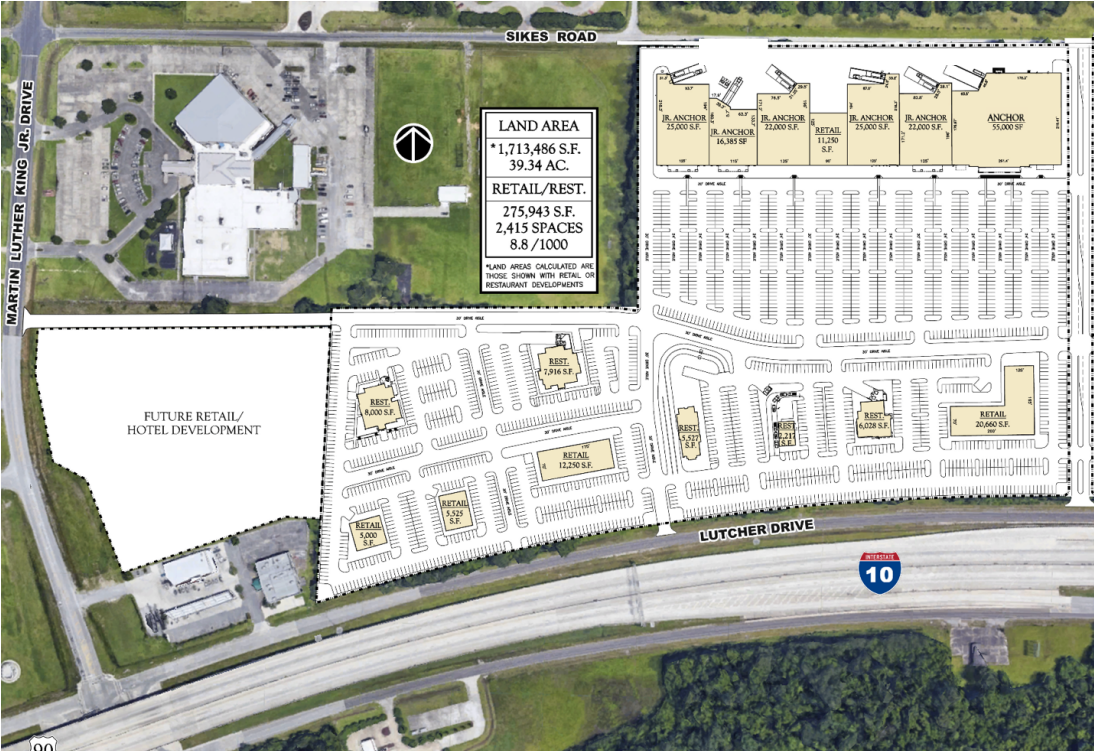OP-Ed: Essential Workers are Heroes. Pay Them Accordingly.
Published 12:10 am Thursday, August 20, 2020
|
Getting your Trinity Audio player ready...
|
For the past two months Senate Republicans have twiddled their thumbs, doing nothing as the worst crisis in a century wreaked havoc on their country. Over that same period, millions of front-line workers were experiencing the nightmare of COVID-19 each and every day: indignant customers refusing to observe health protocols, hospitals overflowing with sick and dying patients, demanding delivery and factory quotas, corporate bosses who could care less about their health, and more.
These “essential” jobs have never been easy, and the workers in these industries have been underpaid for decades. But the daily life of front-line workers has become far more dangerous and difficult since the beginning of the COVID-19 pandemic, and yet they still don’t have the one thing they were promised to make up for it – hazard pay.
In three successive COVID-19 stimulus bills, hazard pay for frontline workers got shot down. Now, with Congress negotiating a fourth round of spending, these workers thought there might finally be a chance to get what they have earned for keeping our country afloat for the last six months. But with the proposal of the HEALS Act, Senate Republicans basically thumbed their noses at those workers once again.
Trending
When House Democrats passed their version of a fourth stimulus two months ago, a bill called the HEROES Act, they sent a clear message: if you are serving your community by continuing to work under dangerous conditions, we will give you the pay you deserve. The bill provided an additional $13 per hour in hazard pay from the federal government on top of regular wages for frontline and essential workers.
The HEALS Act, by contrast, sends an equally clear but opposite message: if you risk your life to go to work just so you can put food on the table for your family, we don’t care. Their proposal allots exactly $0 to frontline workers, and $0 to the state and local governments that are responsible for paying many of these workers.
Despite the fact that we are relying on these essential workers more than ever and they’re putting more on the line to do their jobs, the vast majority are still paid starvation wages. Early on in the pandemic, as a recognition of how dangerous some of these positions have become, some employers instituted minor “hazard pay” provisions. Amazon raised wages by $2 an hour, and stores like Kroger, Rite Aid, and Stop & Shop instituted similar provisions. But that patchwork system was never sufficient, and many of these corporations have already begun to roll that extra pay back once media attention on the issue died down.
We cannot rely on the whims of company executives to take care of their workers in the middle of a deadly pandemic. Government intervention is needed, right now, to make sure these workers are paid appropriately.
These workers don’t want to risk their lives to do their jobs, but many just can’t afford to lose them – a catch-22 that they never asked for nor deserve. Since the “essential” businesses stayed open, most frontline workers weren’t laid off or fired, leaving them ineligible for unemployment benefits. With over half of essential workers paid less than a living wage, most have no choice but to continue going to work under dangerous conditions. While they have been lauded in commercials and by politicians as heroes for that sacrifice, they haven’t had any relief or reward for their work. Hazard pay would change that.
Here’s the truth: Senate Republicans know that if people start making more than $7.25 an hour, they won’t want to stop, and the last thing they want is for people to earn the wages they deserve. Even before the pandemic, there wasn’t a single state in which minimum wage workers could afford rent. On average, workers would need to work at least 79 hours a week just to afford a one bedroom apartment. That’s two full time jobs.
Trending
Now, you’re asking people to work for those same starvation wages while risking their lives, risking infecting their families and loved ones, and adding time and energy consuming procedures to try to keep customers safe on top of their regular responsibilities.
Hazard pay is the absolute least we can do for the people who have been putting in long, thankless, and downright dangerous hours to keep our country running in our hour of greatest need. Even short-sighted Republicans should be able to figure out that more money for low wage workers means more money for them, for their families, for the businesses where they shop, and for all of our communities.
Morris Pearl is a former managing director at Blackrock, Inc., and is now Chair of the Patriotic Millionaires.






